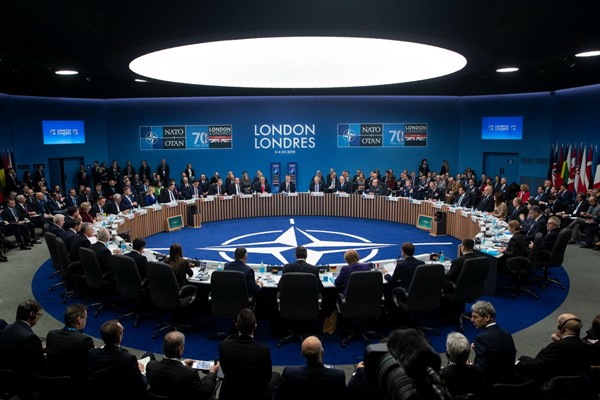The future of European security over the next decade could hinge on the outcome of two separate elections taking place outside the continent in the next few days. One poll, the parliamentary elections in Georgia on Oct. 31, could very well shape whether and when NATO next goes to war. The other, the presidential election in the United States on Nov. 3, will likely determine if NATO’s trans-Atlantic alliance even survives. Whatever the outcome in both cases, it’s a foregone conclusion that come 2021, NATO’s European members are going to have to make some very hard decisions about their collective defense.
After enduring four years of withering criticism from President Donald Trump, America’s NATO allies in Europe have good reasons to worry about the outcome of the U.S. presidential race. Trump’s reelection could throw the world’s oldest military alliance into even deeper disarray. On the other hand, a win for former Vice President Joe Biden could revive hopes for stronger trans-Atlantic defense ties at a time when relations between Brussels and Washington and security on the European continent have never been more precarious.
Back before COVID-19 ripped a giant gash in the global economy, and before that, when everyone still thought the idea that America would elevate a B-list reality TV star to the presidency was a joke, NATO member contributions on defense spending weren’t exactly at the top of Europe’s agenda. Now, however, the trans-Atlantic alliance is facing even stronger headwinds amid great political upheaval in America, a global economic recession, and growing insecurity in Russia’s traditional spheres of influence along its southern and western borders.

